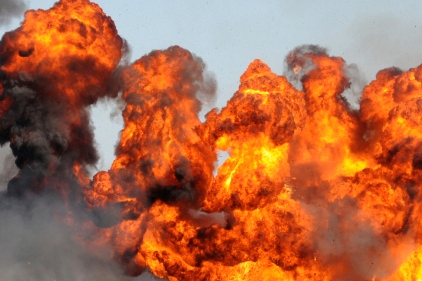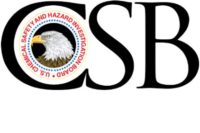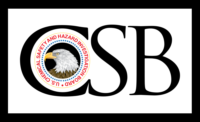 Nearly a month after the fertilizer plant explosion in West, Texas that killed 14 people and injured another 200, investigators are still unable to determine the cause of the tragedy.
Nearly a month after the fertilizer plant explosion in West, Texas that killed 14 people and injured another 200, investigators are still unable to determine the cause of the tragedy.
It’s not for lack of trying. The U.S. Chemical Safety Board – one of many agencies conducting an inquiry into the incident – has had a team of 18 investigators and other technical experts in West since the April 17 accident, conducting witness interviews and gathering documents and other evidence.
The team has documented blast damage and patterns in the community – not an easy task, since the approximately 30 tons of ammonium nitrate fertilizer that exploded destroyed and damaged buildings in a 37-block area and threw debris as far as 2 1/2 miles from the plant, according to officials from the federal Bureau of Alcohol, Tobacco, Firearms and Explosives (ATF) and the Texas State Fire Marshal's Office.
CSB Chairperson Rafael Moure-Eraso said, “This accident produced far more offsite community damage and destruction than any we have investigated since the agency opened its doors in 1998.”
An ATF spokesperson said his agency has so far been unable to rule out any of three major potential causes of the fire that preceded the explosion, and warned that the exact reason the fire broke out may never be known.
The CSB team plans to continue testing test chemical samples and conducting an analysis of the nature and magnitude of the blast and its actual and potential consequences.
The scope of that task goes far beyond the small town located between Dallas and Waco; the CSB is looking into ammonium nitrate safe handling and storage standards here and in other countries such as the UK and Australia; land use planning and zoning practices for high-hazard facilities in relation to schools, public facilities, and residential areas; ammonium nitrate detonation mechanisms; the effectiveness of regulatory coverage including OSHA, EPA, and the State of Texas; whether there are inherently safer products or safer ways to store and mitigate the damage should a fire or explosion occur. The investigation will examine the emergency response during the fire at West, and practices, including preparedness, fire codes, and guidelines for good practices found in other jurisdictions.
“After a disaster of this scale, it is essential to pursue improved safety as we look toward the future,” said Moure-Eraso.
The CSB established a Facebook page, www.facebook.com/WestExplosion, to exchange information with the public concerning the investigation.







